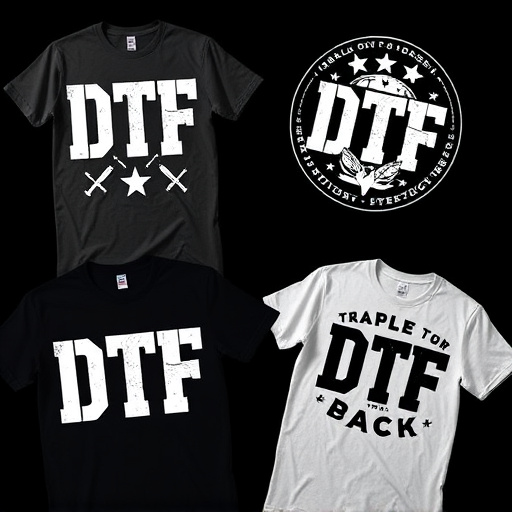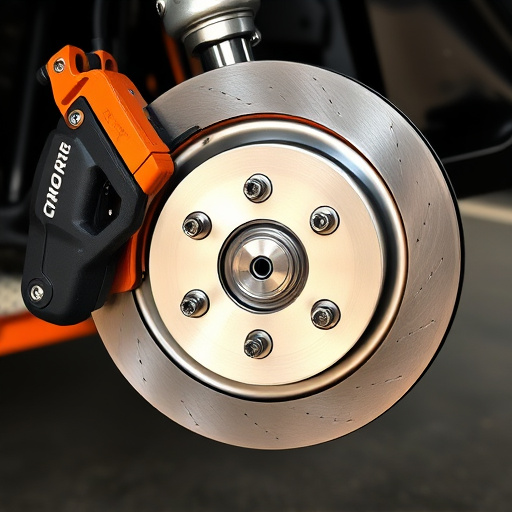Customer satisfaction in automotive detailing revolves around the dynamic interplay of client expectations and behaviors. Exceeding industry standards, like offering custom vehicle wraps, and understanding consumer trends, such as the rise of personalized aesthetics, are key to fostering loyalty. The multifaceted psychological experience is driven by expectations and perceived value, with superior service delivery leading to satisfaction. Businesses should focus on relationship building through feedback engagement, efficient complaint resolution, personalized experiences, continuous innovation, and up-to-date customer service training to maintain and elevate customer satisfaction.
Unraveling the psychology behind exceptional customer satisfaction is key to thriving in today’s competitive markets. This article explores the intricate relationship between customers’ expectations and behaviors, delving into the key psychological factors that drive satisfaction. We uncover powerful strategies to enhance and sustain high customer satisfaction, empowering businesses to foster loyal, satisfied customers. By understanding these insights, companies can navigate the complex landscape of customer needs and deliver memorable experiences.
- Understanding Customer Expectations and Behaviors
- Key Psychological Factors Influencing Satisfaction
- Strategies to Enhance and Sustain High Customer Satisfaction
Understanding Customer Expectations and Behaviors

Customer satisfaction is deeply rooted in understanding the intricate interplay between customer expectations and behaviors. Every interaction a client has with a brand shapes their perception and ultimately contributes to their level of satisfaction. In today’s competitive market, businesses must strive to exceed these expectations, especially in high-performance sectors like automotive detailing. By offering exceptional services, such as custom vehicle wraps, that surpass industry standards, companies can foster loyal relationships with their customers.
Grasping customer behaviors involves recognizing patterns in how individuals interact with a brand. For instance, the growing demand for vehicle wraps reflects a shift in consumer preferences towards personalized and distinctive vehicle aesthetics. Businesses that cater to these behaviors by providing tailored solutions not only enhance customer satisfaction but also thrive in a competitive market dominated by unique automotive detailing trends.
Key Psychological Factors Influencing Satisfaction

Customer satisfaction is a complex psychological phenomenon influenced by various factors that shape how individuals perceive and evaluate their experiences with products or services, including automotive detailing and custom vehicle wraps. One key factor is customer expectations. When expectations are set high through marketing and previous interactions, any deviation from the ideal can lead to dissatisfaction. For instance, a client who expects a flawless professional PPF installation might be disappointed if subtle imperfections remain unnoticed by them.
Another crucial aspect is perceived value. Customers assess whether the benefits of a service justify its cost. In the context of automotive detailing, a satisfied customer may feel that the meticulous cleaning and protection provided far outweighs the investment, fostering loyalty. Conversely, if a client perceives similar services offered at a lower price elsewhere, it can impact their satisfaction levels and future choices. This highlights the importance of delivering exceptional value to meet or exceed customer expectations.
Strategies to Enhance and Sustain High Customer Satisfaction

To enhance and sustain high customer satisfaction levels, businesses should focus on building strong relationships with their clients. One effective strategy is to actively seek and address feedback, demonstrating a genuine interest in understanding customer experiences. Implementing robust complaint resolution processes ensures that any issues are promptly addressed, fostering trust and loyalty. Additionally, offering personalized experiences tailored to individual customer preferences can significantly impact satisfaction. This might involve recommending relevant products or services based on past purchases or interactions.
Sustaining high satisfaction requires continuous innovation and improvement. Companies can invest in product development to introduce new features that meet evolving consumer needs. For instance, in the automotive industry, offering advanced technologies like vinyl wraps for scratch protection or car customization options can attract customers seeking unique vehicle enhancements. Regularly reviewing and updating customer service training programs is also vital to ensure staff are equipped with the latest tools and techniques to deliver exceptional service.
Customer satisfaction is not merely a byproduct of good service; it’s a strategic outcome shaped by psychological principles. By understanding customer expectations, leveraging key factors like personal touch and perceived value, businesses can implement effective strategies to enhance and sustain high levels of customer satisfaction. This involves creating meaningful experiences that exceed expectations, fostering trust, and building lasting relationships. In today’s competitive market, prioritizing customer satisfaction is not just a choice—it’s a vital game changer for long-term success.














